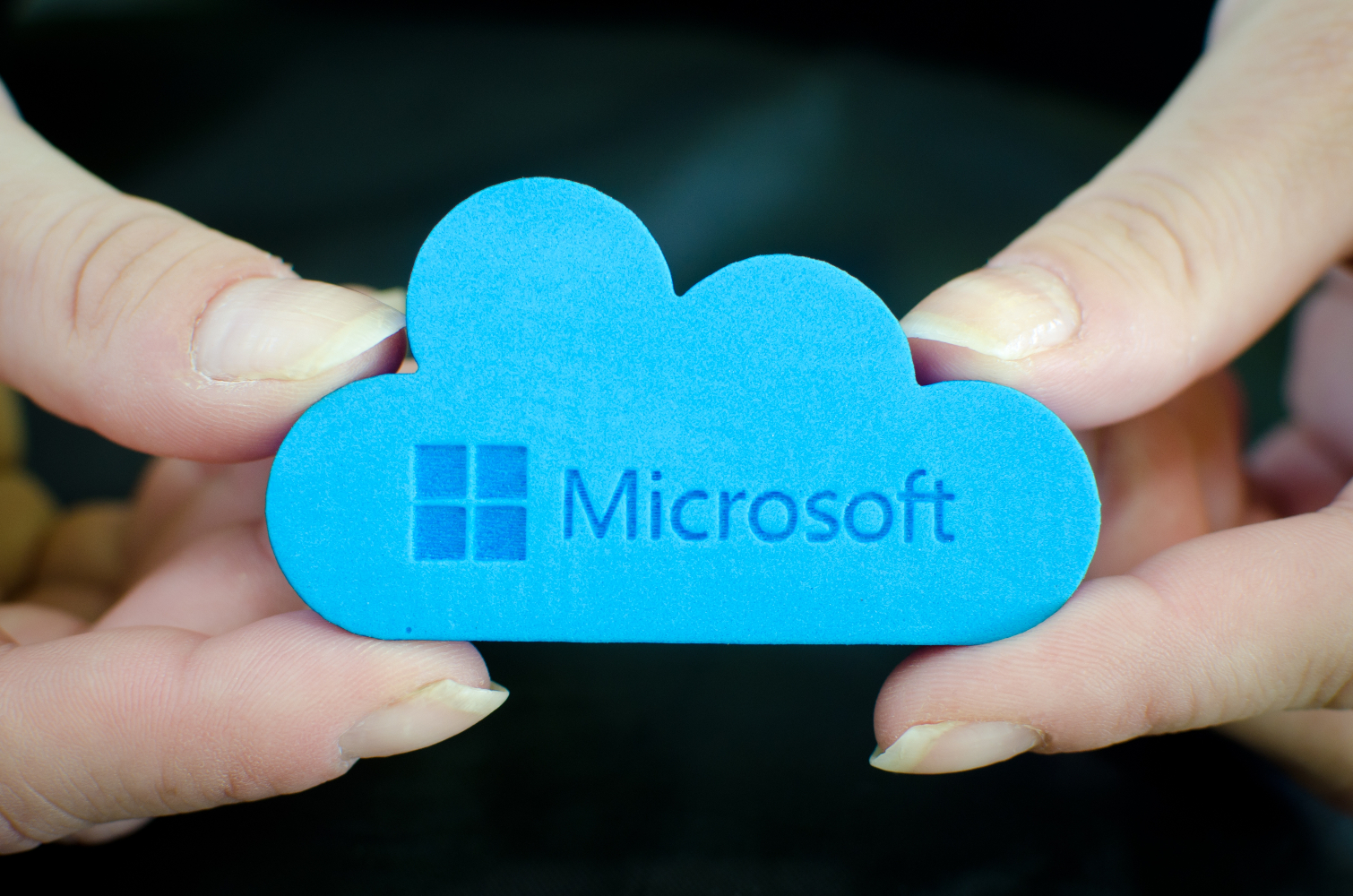Microsoft Plans Windows Defender Rebrand
Here's an interesting example of Microsoft focusing more on cross-platform services: gHacks reported yesterday that Windows Defender and most of its associated services will be rebranded to Microsoft Defender when Windows 10 20H1 is released early next year.
This appears to be a minor change that won't affect the way Windows Defender actually works. There are some questions about the rebranding--such as whether or not it will expand to previous versions of Windows like Windows 7--, but for the most part, it seems pretty straightforward. (And considerably less baffling than Toshiba Memory's decision to change its name to Kioxia this October.)
The prevailing theory is that Microsoft wants to change Windows Defender's name, so it's no longer associated solely with Windows. GHacks noted that Windows Defender ATP (short for Advanced Threat Protection) expanded to Android, iOS, macOS, and Linux in 2017 before rebranding it as Microsoft Defender ATP. So this wouldn't be the first time Microsoft nixed Windows from a cross-platform service's name.
This would make sense with Microsoft's new strategy of making its services available on other platforms. We noted earlier this week that this approach seems to be paying off, with Microsoft Word for Android surpassing 1 billion downloads from the Google Play Store. Windows 10 has been installed on 850 million devices; that means Word for Android is more popular than Microsoft's latest operating system.
Focusing more on its own brand should make it easier for Microsoft to expand its services to other platforms. It's kinda hard to see anyone installing Windows Defender on their Mac or Linux system without hesitation. Microsoft Defender would probably be an easier sell, even if it almost sounds like the company's developing an app that leaps to its defense whenever someone bad-mouths it on social media.
Get Tom's Hardware's best news and in-depth reviews, straight to your inbox.

Nathaniel Mott is a freelance news and features writer for Tom's Hardware US, covering breaking news, security, and the silliest aspects of the tech industry.
-
jasonelmore Reply
Pretty much everyoneDark Lord of Tech said:WHO ACTUALLY still uses it? I haven't in years. -
Reply
It’s all I use that and Malwarebytes. Never been infected And my machines never lagDark Lord of Tech said:WHO ACTUALLY still uses it? I haven't in years. -
JohnDon9 ReplyMandark said:It’s all I use that and Malwarebytes. Never been infected And my machines never lag
Same here! Even some not so safe practices, this combination blocked everything, so far. -
gn842a ReplyDark Lord of Tech said:WHO ACTUALLY still uses it? I haven't in years.
I'm using it. After reading some kinda gobbledgook about incompatibility with win update 1903 on my ESET web site (I've used ESET for probably ten years) and multiple problems getting my new build OS to stabilize, I just decided to go with Windows Defender until I'm in a mood to experiment with some other AV. My 3 year AV subscription to ESET expires in September, so I'm not losing much financially, and I'm looking around.
The Win 8.1 build upstairs is still running ESET and that's OK with me.
Greg N -
Thermaler This same stupidity is common in the auto industry, same item , new part number.Reply
Change for the sake of change.
It is most commonly attributed to somebody trying to impress the boss to keep their job. And the boss falling for it.
These are the same type of college educated people that think you want to see Toshiba hard drives when you put Seagate in the search box . . . ;>)
